Snap Circuits - 300 Experiments
The Snap Circuits kit makes learning electronics easy and fun while providing plenty of ideas for the future! With this kit you will be able to build 305 different experiments with 61 individual parts to learn the basics of electronics or expand on what you already know. Simply follow the in-depth user manuals included in the kit to be able to build exciting projects such as AM radios, burglar alarms, doorbells and much more!
Assembling each experiment is achieved by mounting parts to a plastic peg board or to each other, forming simple circuits with ease. This kit is intended for anyone from age 8--108. No additional tools are required, but you will need to supply your own AA batteries.
Note: Please be aware, this kit includes all the parts and the user manual found in the Snap Circuits Jr. Some experiments may be repeated.
Snap Circuits - 300 Experiments Product Help and Resources
Core Skill: Robotics
This skill concerns mechanical and robotics knowledge. You may need to know how mechanical parts interact, how motors work, or how to use motor drivers and controllers.
Skill Level: Noob - You will be required to put together a robotics kit. Necessary parts are included and steps will be easy to follow. You also might encounter basic robotics components like bearings, mounts, or other hardware and need a general idea of how it goes together.
See all skill levels
Core Skill: DIY
Whether it's for assembling a kit, hacking an enclosure, or creating your own parts; the DIY skill is all about knowing how to use tools and the techniques associated with them.
Skill Level: Noob - Basic assembly is required. You may need to provide your own basic tools like a screwdriver, hammer or scissors. Power tools or custom parts are not required. Instructions will be included and easy to follow. Sewing may be required, but only with included patterns.
See all skill levels
Core Skill: Electrical Prototyping
If it requires power, you need to know how much, what all the pins do, and how to hook it up. You may need to reference datasheets, schematics, and know the ins and outs of electronics.
Skill Level: Noob - You don't need to reference a datasheet, but you will need to know basic power requirements.
See all skill levels
Comments
Looking for answers to technical questions?
We welcome your comments and suggestions below. However, if you are looking for solutions to technical questions please see our Technical Assistance page.
Customer Reviews
5 out of 5
Based on 1 ratings:
Lot's of Fun!!!
Easy assembly so concentration is on circuits not connections. Hours of fun and learning.

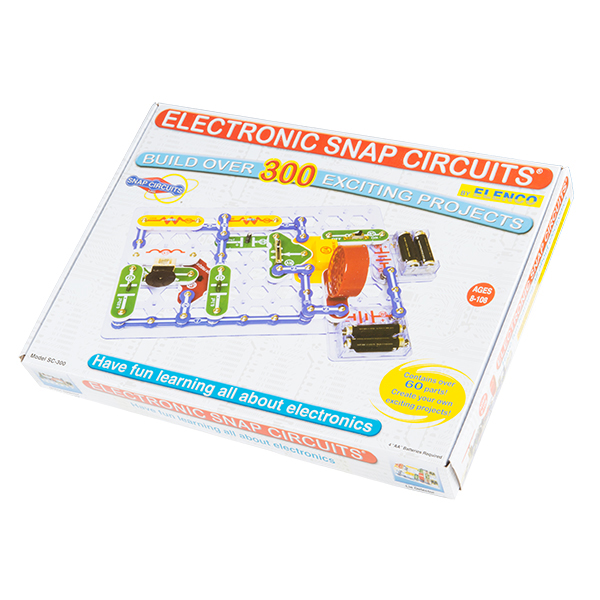
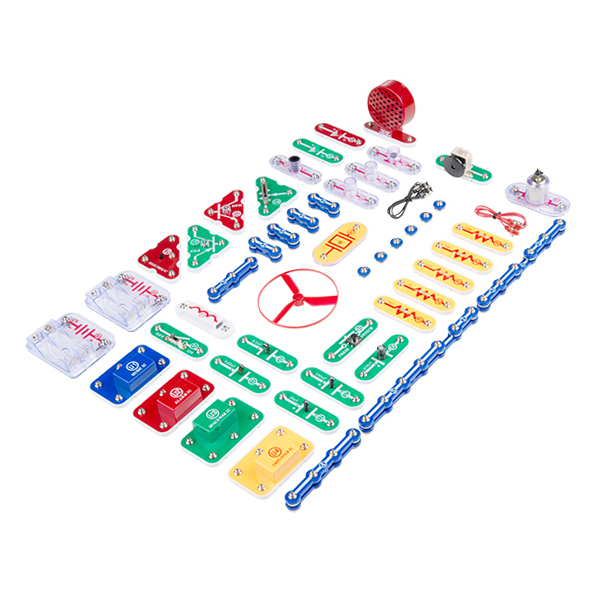
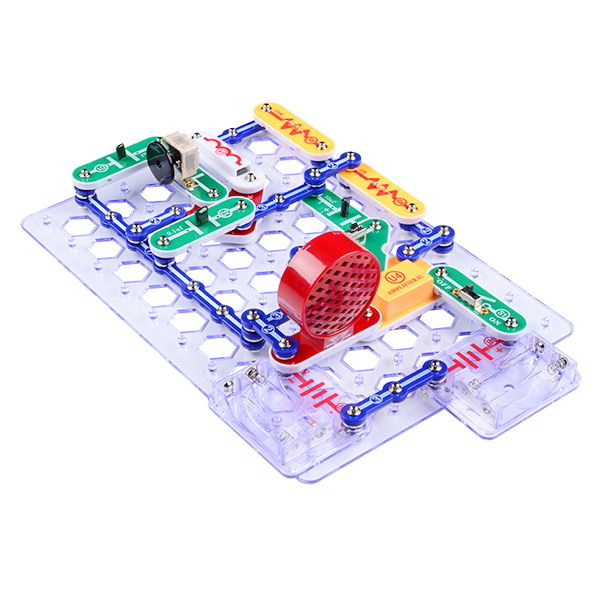

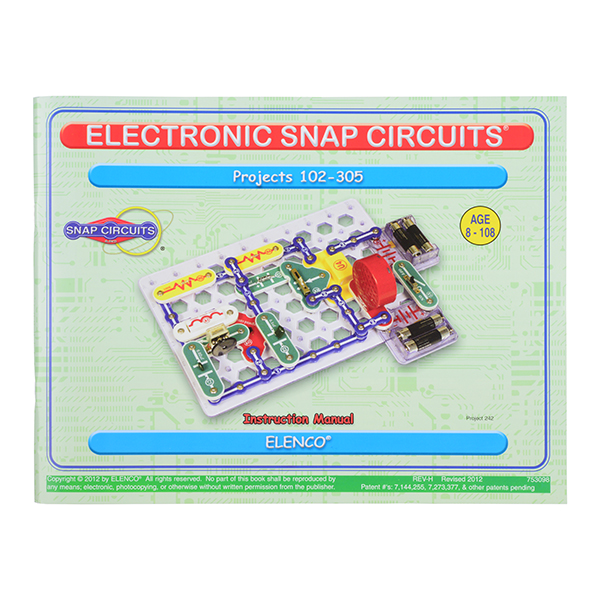
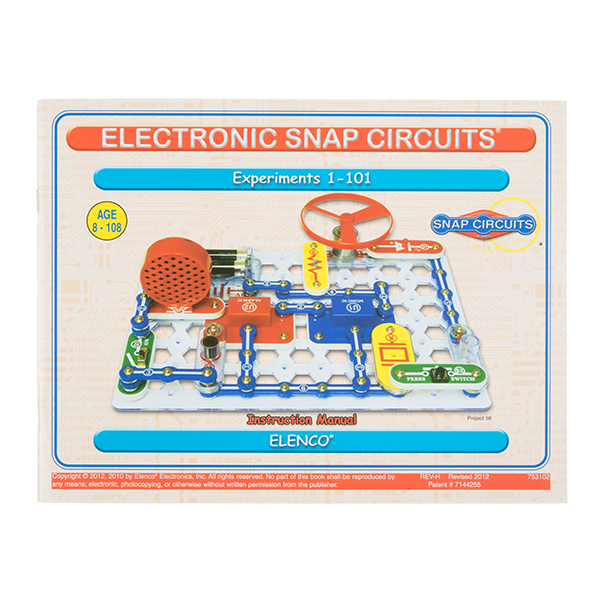
Dudes--I grew up with these!!! Probably a reason I'm pursuing electrical engineering!